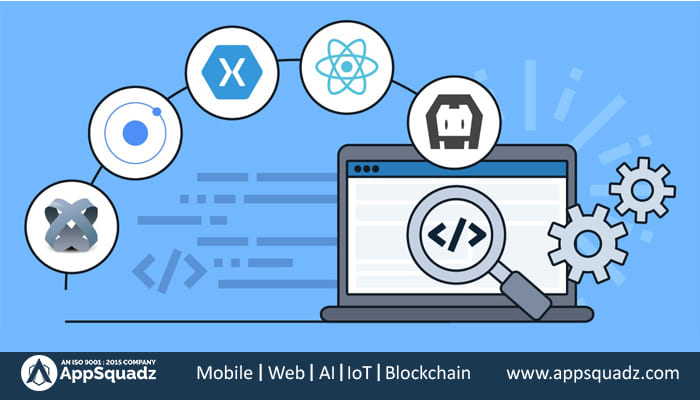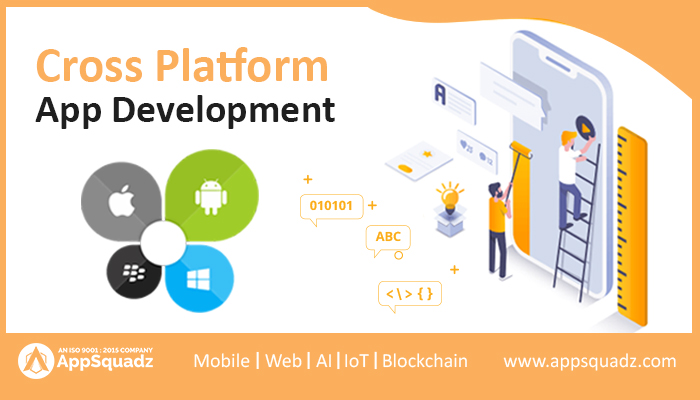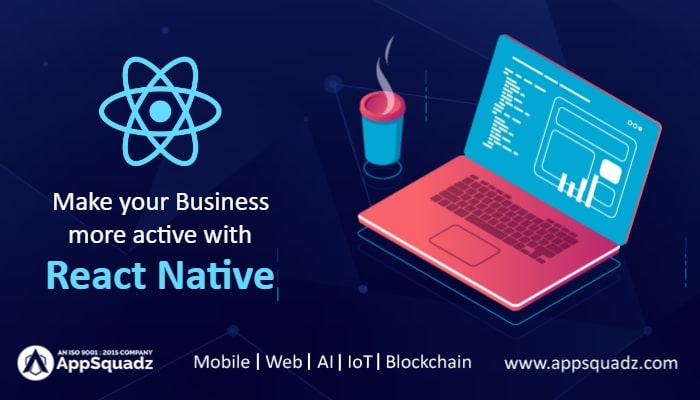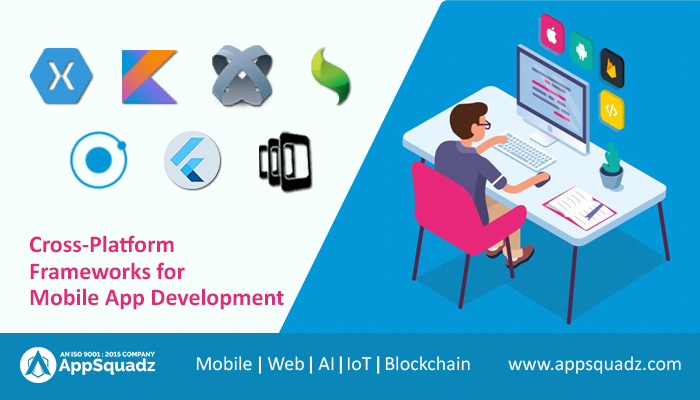With the quickly expanding advancements in innovation, developers are ceaselessly sticking their eyes to the app development tools or frameworks that can make their occupation simpler and limit the app development time. Regardless of whether you are an ace developer or an apprentice, here are the 7 most mainstream Cross-platform app development tools that you need to know in 2020.
Today, in the exceptionally serious market, where developers are searching for incredible app development tools; then again, businesses are chasing the most ideal approaches to improve their businesses. From new businesses to multi-million organizations, applications are someplace adding a huge edge to the business development and causing them from numerous points of view.
Presently the focal inquiry is, how might you get the privileged app development framework for your business?
So what are the main cross-platform frameworks that you ought to pick in 2021?
Before you burrow profound and dedicate enough time to exploration, we have gathered together a couple of best cross-platform mobile app development frameworks dependent on beneath referenced boundaries:
- Performance and Popularity
- Code reusability and rich-vault
- Easy to learn and uphold all parts of Cross-platform app development.
- Strong people group backing and reasonable documentation of framework for amateurs
- Ability to get to gadget capacities.
Here is the rundown of best cross-platform mobile development tools 2021 leading the era with smart integration of coding languages:
1. React Native (A Top Choice of Cross-platform framework among developers)
React Native was dispatched by Facebook in March 2015 and has immediately gotten an ideal decision for developers knowing JavaScript. Moreover, planning the app with React Native is very quick and more agreeable for the developers as it is an open-source Hybrid app development and permits you to reuse the codebase for app development.
2. Flutter (Ideal Framework to Develop Cross-platform Apps with Clock-Challenge)
Flutter is one of the high-level degrees of UI kit dispatched by Google in 2018, and appropriate to the cutting edge app development climate. It is an open-source Software development kit (SDK) that offers a wide decision of UI components, gadgets, and a superior delivering motor that permits developers to tweak the application with smooth movements.
3. Ionic (A Popular Cross-Platform Based Framework Based on Web Technology)
With the critical market offer and web utilization insights of Ionic, developers are forcefully picking this framework to assemble native apps and reformist web applications.
4. Xamarin (prominent Tool used to Develop Cross-Platform Application)
As per the review, Xamarin is one of the fifth most famous tools for making superior cross-platform application development. Being sponsored by Microsoft, Xamarin underpins C# codebase and appropriate for .net developers. Building elite applications with Xamarin is very quick and more agreeable as it has a Test Cloud highlight that consequently tests your app and guarantees 100% code reusability.
5. Cordova (simple to Learn Mobile Application Development Tool)
As per Stack share, Apache Cordova has gotten 818 GitHub stars and 336 GitHub forks and urging developers to make all the more impressive applications by utilizing the properties of Native assets including Phone’s camera, accelerometer, compass, contacts, messages, geolocation, organizations, warnings and that’s only the tip of the iceberg. Building up an application with Cordova is time and savvy as it uses high caliber and various arrangements of highlights that help in creating apps progressively.
6. Appcelerator (Most Popular Mobile App Development Tool)
Another advantage of utilizing Appcelerator is that it empowers you to reuse 90% of the code across various platforms which come out as the main bit of leeway when creating native apps. Thirdly, the platform gives admittance to different APIs through an element considered Hyperloop that empowers you to utilize APIs of iOS and Android utilizing JavaScript straightforwardly.
7. Corona (A Perfect Cross-Platform Framework for Gaming Apps)
Corona is allowed to utilize and simple to introduce platforms that permit developers to quickly see changes in Lua codes through the implicit Corona Simulator, so there’s no compelling reason to keep up the toolsets. Regardless of whether you are a professional or a beginner developer, each degree of development is permitted to get to the center usefulness of this framework.
Conclusion
Toward the finish of this article, it merits referencing that despite having all these cross-platform app development frameworks with broad advantages, native app development frameworks have their coding favorable circumstances.
There is no performance correlation between Hybrid app development and cross-platform development apps. In any case, with regards to sparing app development cost, time, and market time, an enormous fragment of SMEs, new businesses, and even million-dollar undertakings are picking cross-platform frameworks for their next app development venture.
If you have a complex app development venture that requests the most recent specialized highlights, at that point, it is prescribed to hire a mobile app development company for additional help.






